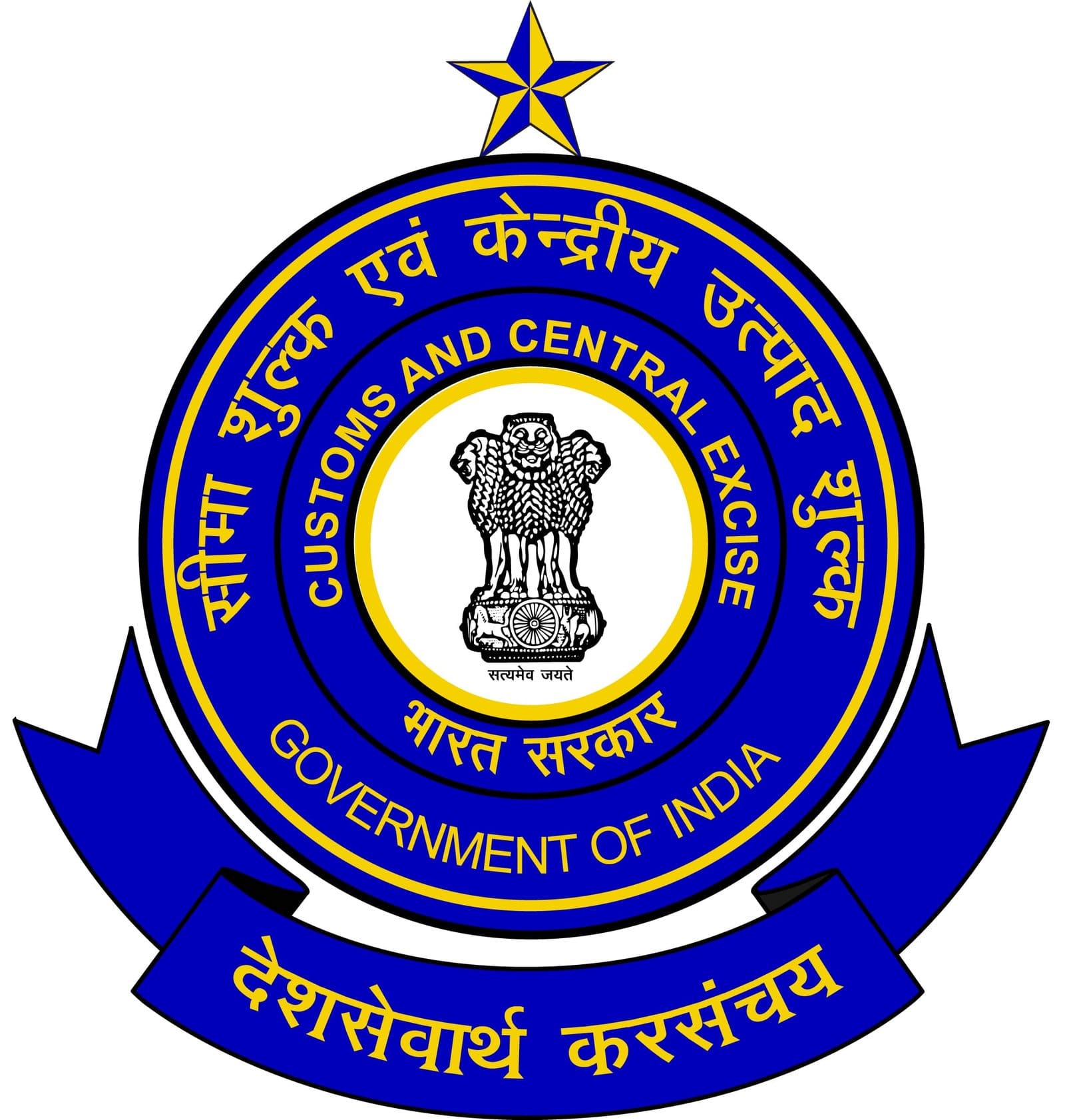The Central Board of Indirect Taxes & Customs (CBIC) has instructed its field officers regarding applying the Northern Operating System (NOS) judgment of the Supreme Court on secondment arrangements. This comes when several notices have been issued to companies employing expatriates. The NOS judgment was pronounced on May 19, 2022, and addressed the taxable service of ‘manpower supply’ about the secondment of employees by overseas group companies to NOS.
Emphasis on Nuanced Examination
The CBIC instruction highlights a careful reading of the NOS judgment, emphasizing the Supreme Court’s emphasis on a nuanced examination based on the unique characteristics of each specific arrangement rather than relying on any singular test. This implies that the judgment should only be mechanically applied in some cases.
Common Practice and Tax Implications
The secondment of employees from one group entity to another is expected in the current business environment. EY mentions that many overseas group entities second employees to their Indian entity, where they are operationally controlled and supervised. The tax implications of such arrangements may vary depending on the specific nature of the contract and other terms and conditions attached to it.
Clarity Needed on Other Aspects
The industry has raised concerns about tax officials mechanically invoking extended periods of limitation under the GST law. CBIC clarifies that the relevant section 74(1) of the GST law can only be invoked in cases of fraud, wilful misstatement, or suppression of facts, and not merely for non-payment of tax. However, further clarity is needed on other related aspects, such as input tax credit eligibility and the levy of interest and penalties.
Conclusion:
While the CBIC’s instruction represents a commendable step forward, more specific illustrative cases and clarifications are needed to settle the ongoing litigation. The distinct factual matrix of each case, including the terms of the contract between overseas companies and Indian entities, must be considerately examined to determine taxability under GST and the applicability of the principles laid down in the NOS judgment.

